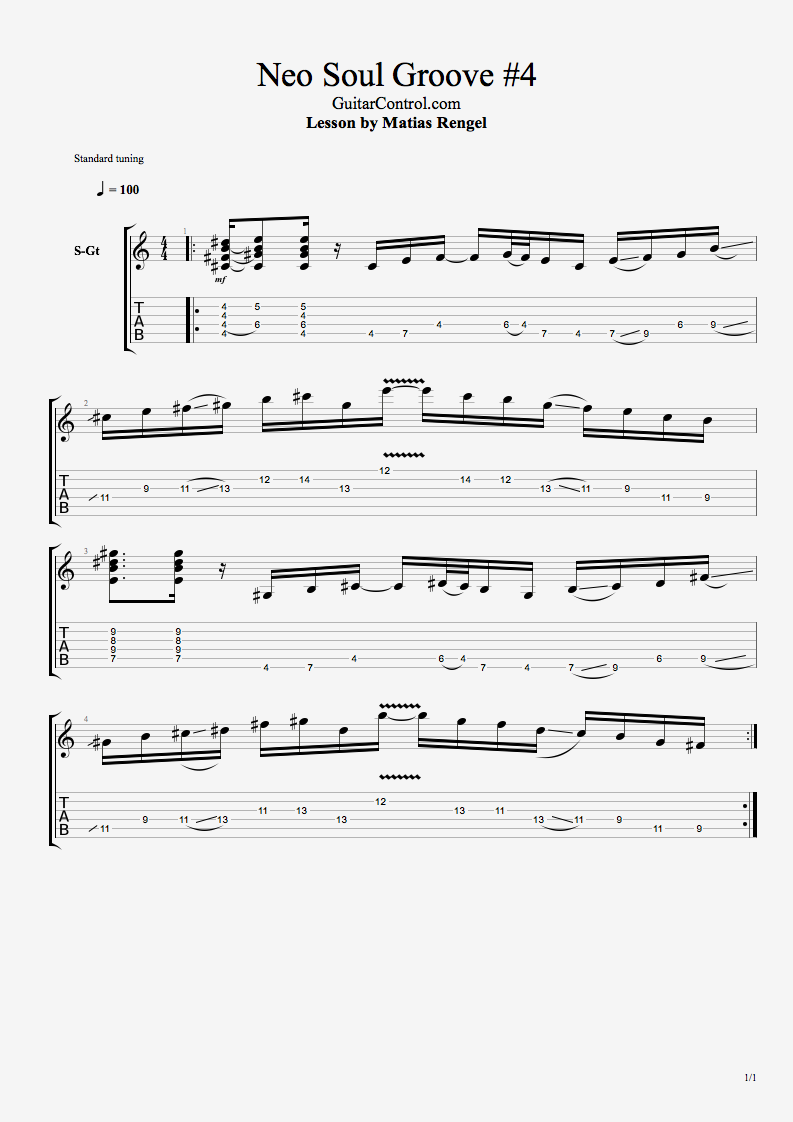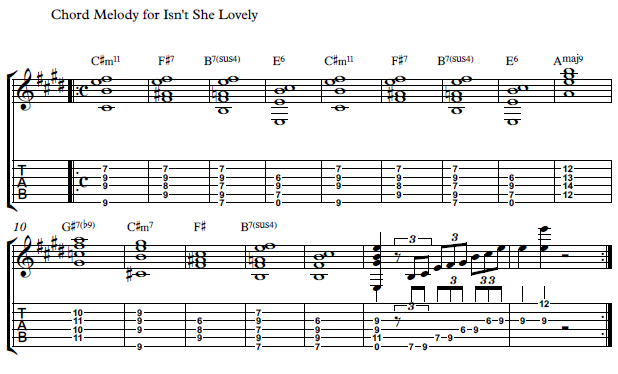Why Scales are So Important for Your Solos?
Anyone who has picked up an instrument before, no matter which one it was, has probably heard of scales. But do you know why that is? Do you know why everyone stresses the importance of scales, and learning and practicing them? Especially if you’re learning jazz guitar and starting to solo, scales should be made an integral part of your practice regimen for the following two reasons.
Scales Give You a Foundation
If you take a scale and dissect it to find out the individual notes it’s composed of, you’ll start to see patterns. The theory can get pretty complex, so we won’t go into it here. But by practicing scales and different variations of them on your guitar, you’ll come to notice common patterns and hear which notes go well with others. The great thing about guitars is that you can take any pattern that begins on the fifth or sixth strings and play it anywhere on the neck. You’ll be able to visualize the scales, and then practice them over and over. By understanding scales, you’ll no longer be hunting for the right notes to play during solos, because you’ll already know which ones are in the same scale, and therefore which ones will always sound good with one another.
Scales Allow You to Expand
The problem with scales though is that if you only stick to the scale, your solos can get boring and seem too regimented, and that’s not a good thing. Scales are great for building your foundation, but once you’ve built it, it’s time to move on. The reason you studied scales in the first place was to learn which notes worked well with others, and now that you know that, you can go on to study harmonies, rhythms, and variations. You have the foundation, and you understand how the notes fit together, so it’s time to experiment.
Check out this easy JAZZ GUITAR LESSON
Now that you understand scales and how they work, you need to get creative with your jazz playing. Practice playing them up and down the neck, practice with different rhythms and patterns, even practice playing them with the notes that traditionally aren’t included in the scale! And once you feel comfortable with all of that, it’s time to record yourself playing a jazzy chord progression (or get a friend to play along), and start soloing with new insight.
I also want to recommend you to check out our jazz courses in DVD:





